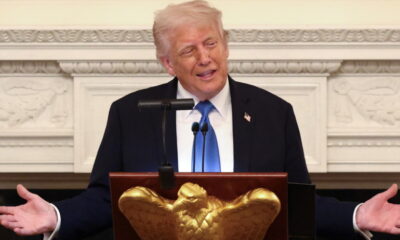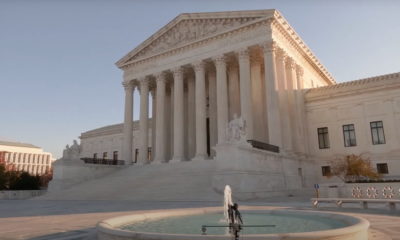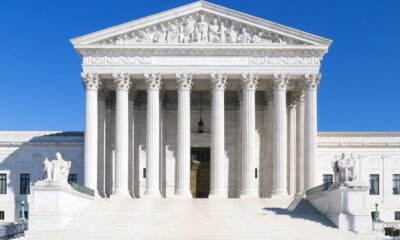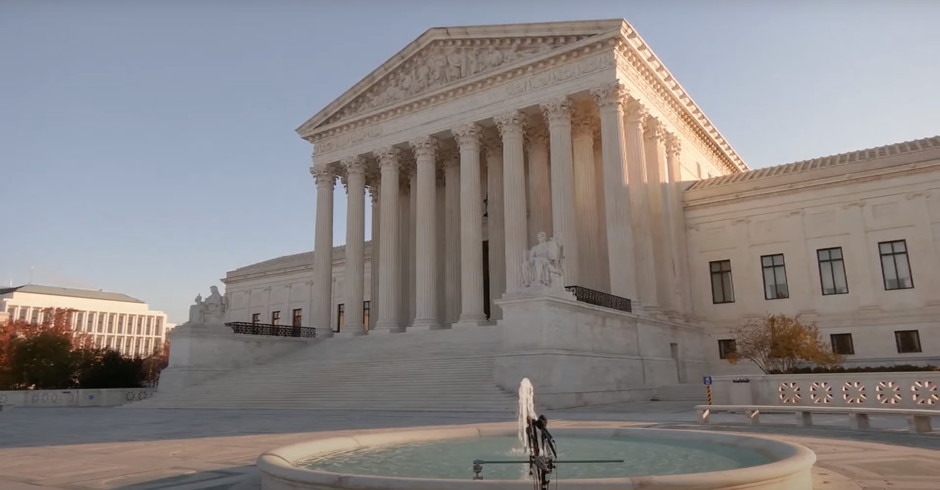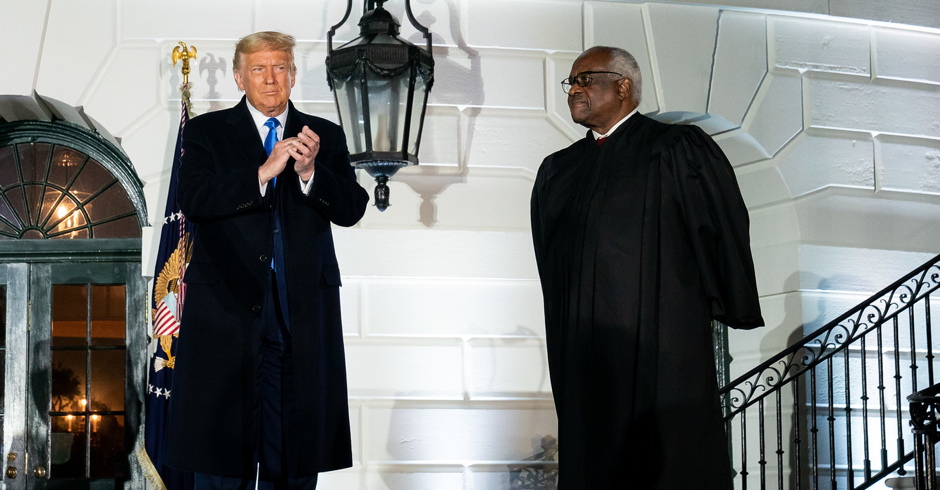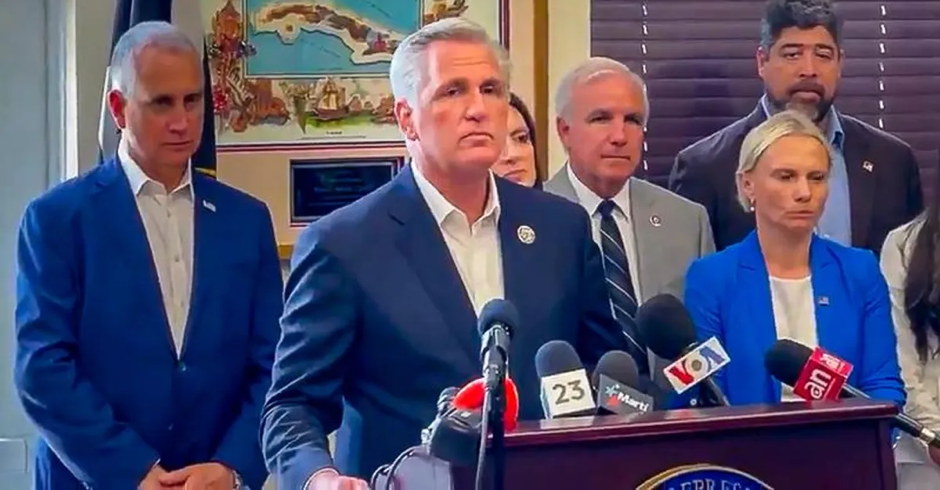FIRST AMENDMENT? WHAT FIRST AMENDMENT?
Bill Barr Should Lose Law License Over Devin Nunes Scandal: Impeachment Lawyer
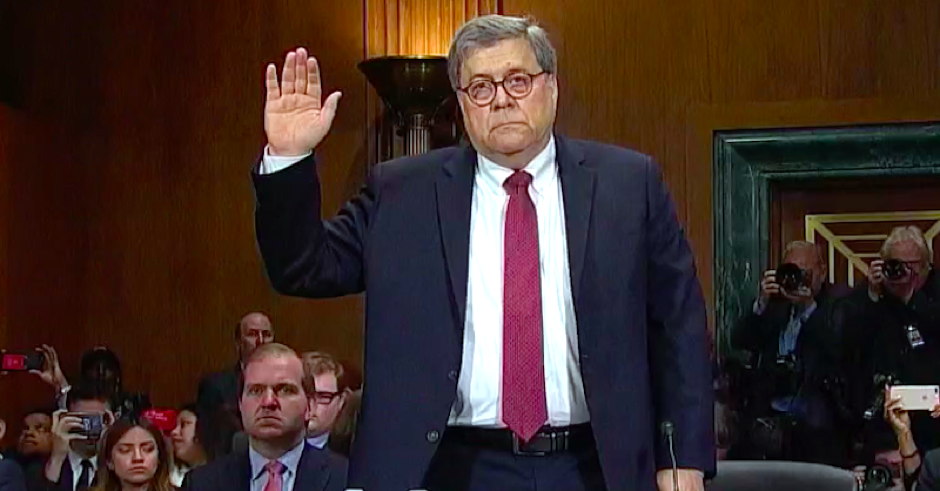
Legal experts sounded the alarm after a bombshell court filing was unsealed showing the Department of Justice under Bill Barr attempted to use a secret grand jury subpoena to learn the identity of a parody account on Twitter that is critical of Rep. Devin Nunes (R-CA).
“The Justice Department under President Trump secretly obtained a grand-jury subpoena last year in an attempt to identify the person behind a Twitter account dedicated to mocking Representative Devin Nunes of California, according to a newly unsealed court document. But Twitter fought the subpoena, as well as an associated gag order barring the company from talking about it publicly. Twitter executives raised skepticism about whether the Justice Department might be abusing federal criminal law-enforcement power to retaliate against a critic of Mr. Nunes, a Republican who is a close ally of Mr. Trump, in violation of the First Amendment,” The New York Times reportedMonday.
The subpoena was withdrawn after Biden took office, but the new documents show Twitter blasting the subpoena.
“It appears to Twitter that the Subpoena may be related to Congressman Devin Nunes’s repeated efforts to unmask individuals behind parody accounts critical of him. His efforts to suppress critical speech are as well-publicized as they are unsuccessful,” Twitter wrote in a motion opposing the unmasking of the author. “Given Congressman Nunes’s numerous attempts to unmask his anonymous critics on Twitter—described in detail herein—Twitter is concerned that this Subpoena is but another mechanism to attack its users’ First Amendment rights.”
“Over the past two years, Congressman Nunes and his campaign committee have brought at least nine lawsuits—including in this district—against individuals, the media, and one research and intelligence firm for either their disagreement with his political actions and policies, publishing statements that Congressmen Nunes deemed critical of himself, or hosting critical statements with which Congressman Nunes disagreed,” the social media company argued.
The account in question said it was about “silencing” critics.
There’s nothing remarkable about me. I’m a basic smartass with a Twitter account.
So then why am I being sued by a US congressman? Why would the DOJ ever target me?
Is it the mean tweets and bad memes?
It’s not about me or this silly account. It’s about silencing all of us. https://t.co/kdU87LVZI2
— Devin Nunes’ Alt-Mom (@NunesAlt) May 17, 2021
Legal experts blasted Barr’s DOJ for the subpoena. Former Southern District of New York Assistant U.S. Attorney Richard Signorelli called for an investigation of the Assistant U.S. Attorney (AUSA) who signed subpoena.
This outrageous subpoena was issued by AUSA Michael J. Friedman. He should have refused the assignment. Instead, he now needs to be investigated. https://t.co/JLghuylbMX
— Richard Signorelli (@richsignorelli) May 18, 2021
Michael Friedman may not be the only attorney facing investigations over the subpoena.
Former federal prosecutor Daniel Goldman, who served as the majority counsel in Donald Trump’s first impeachment trial, said Barr should lose his license to practice law.
What possible basis could Barr’s DOJ have to issue this subpoena? This appears to be Barr using the awesome power of a grand jury subpoena as a personal favor to a political ally. Barr should not have a law license anymore. https://t.co/8womLNdtFo
— Daniel Goldman (@danielsgoldman) May 17, 2021
Enjoy this piece?
… then let us make a small request. The New Civil Rights Movement depends on readers like you to meet our ongoing expenses and continue producing quality progressive journalism. Three Silicon Valley giants consume 70 percent of all online advertising dollars, so we need your help to continue doing what we do.
NCRM is independent. You won’t find mainstream media bias here. From unflinching coverage of religious extremism, to spotlighting efforts to roll back our rights, NCRM continues to speak truth to power. America needs independent voices like NCRM to be sure no one is forgotten.
Every reader contribution, whatever the amount, makes a tremendous difference. Help ensure NCRM remains independent long into the future. Support progressive journalism with a one-time contribution to NCRM, or click here to become a subscriber. Thank you. Click here to donate by check.
 |

